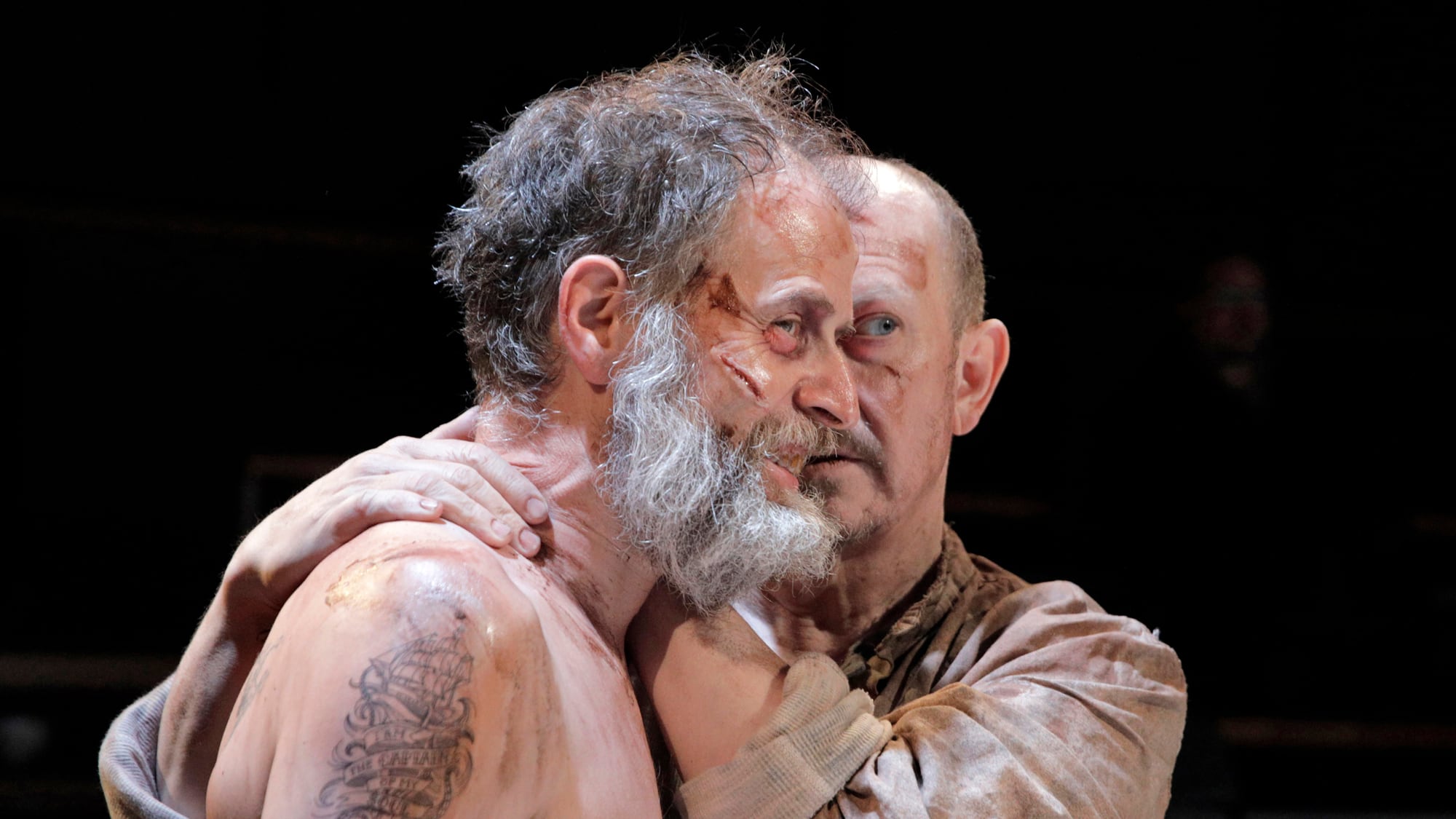Portland Opera is at an impasse.
The organization's audiences are waning. Production costs are still high. And now, it's without a permanent director.
In July, Christopher Mattaliano, the opera's general director for the past 16 years, stepped down. It's a milestone juncture in the company's history. During his tenure, Portland Opera put on quality productions consisting largely of the classics, favoring Puccini, Mozart and Rossini. He collaborated with other prominent companies around the country, and established the organization's resident artists program.
Those within Portland Opera say Mattaliano's departure was mutually agreed upon and simply in congruence with the company's new strategic plan. Others believe it was necessary for the company to survive.
"It was [Mattaliano's] way or the highway," says Rodney Mazour, president of the Portland Opera Guild, a nonprofit that financially assists opera groups in the Portland area, with Portland Opera being the largest. (Mattaliano did not respond to WW's request for comment).
The opera has suffered severe financial losses over the past few years—in 2017, the organization took a $1.2 million hit. Last month, the Portland Tribune reported that Portland Opera was siphoning funds from its endowment at a rate the Oregon Department of Justice deemed "rebuttably imprudent."
One of the biggest missteps was transitioning from a fall and winter schedule to a spring and summer schedule. Implemented in 2014, the transition was an attempt to address the opera's already unstable earnings. It had the opposite effect. The opera missed out on the biggest ticket-selling seasons of the year, and revenue nosedived. Plus, the Portland Opera's focus on its resident artists program meant it neglected to bring in nationally renowned talent, something that can make even an overplayed Mozart production riveting.
"[Portland Opera] just kind of lost their way," says Mazour. "They lost their touch with the audience."
More than a month after Mattaliano stepped down, the company has yet to begin the search for a new director. Instead, it's focused on executing the upcoming season and implementing some preliminary changes under the leadership of interim director Sue Dixon.
Outreach is the cornerstone of the organization's new strategic plan, which was crafted with the help of Portland art consultant Metropolitan Group.
"We're really trying to listen to what the community wants," says Curtis Thompson, president of the opera's board of directors.
The first step in the strategic outline is a simple correction of a previous misjudgments: The opera will revert to a winter schedule for its upcoming 2019-20 season. It will also expand its list of venues to stage a more eclectic mix of traditional and modern productions while decreasing production costs and increasing accessibility.
Still, opera companies around the world are struggling to strike a balance of old and new. An older demographic—which make up a large portion of audiences and donorship bases—wants to see the classics. Meanwhile, companies are struggling to engage younger, more progressive operagoers, and the misogyny of Rigoletto—or the fact that major opera houses are still debating the use of blackface in Aida—certainly doesn't help.

Thompson understands that not every opera will appeal to every portion of the audience. But with each performance, he sees an opportunity to make it palatable to Portland audiences, whether it's giving the characters in Barber of Seville man buns or setting a scene at Voodoo Doughnut, like the opera's 2017 production of Così fan tutte.
But adding modern hairstyles to a centuries-old script may not be enough. Two of Portland Opera's biggest hits of the past few seasons were productions of Laura Kaminsky's As One and Philip Glass' In the Penal Colony—both of which were written in this century.
Clearly, crowds are hungry for productions with modern sensibilities. But next year's schedule had already beenplanned by Mattaliano. So for now, Portland Opera audiences can look forward to more of the classics. Those who want something fresh will have to wade through Madama Butterfly, Bajezet and Pagliacci until the season closer, Jake Heggie's Three Decembers.
The opera hasn't decided when to begin the search for a new director. But whoever assumes the role next will need to have a keen sense for a wide range of Portland communities and a palate for fresh opera.
"The main thing we want is artistic selection and productions that connect with the Portland community," Thompson says. "I think it's important that whoever takes this over really makes that ongoing connection."

Where to See Local Jazz Every Night of the Week
The Five Book Events We're Most Excited to See This Fall
The Five Theater Shows We're Most Excited to See This Fall
The Five Visual Arts Shows We're Most Excited to See This Fall
